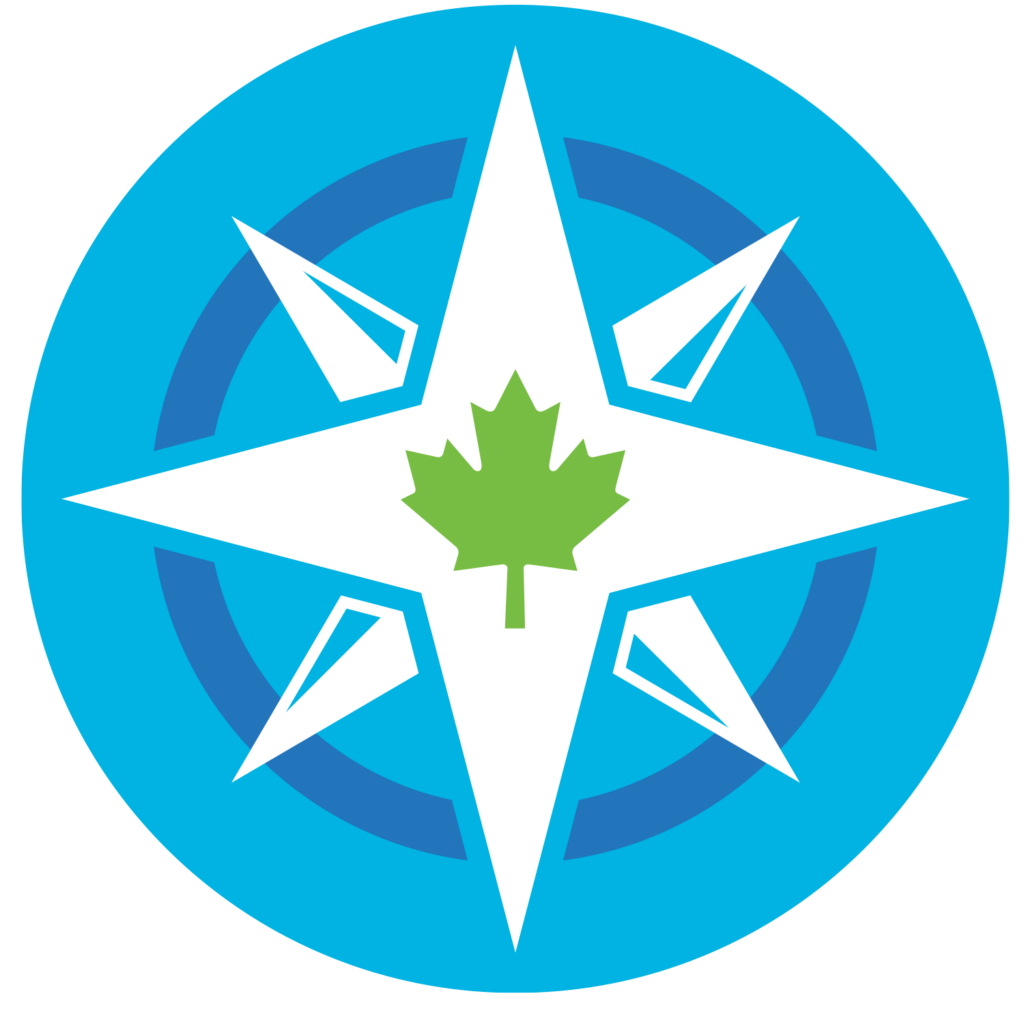The Working Mind First Responders
The Working Mind First Responders (TWMFR), formerly known as Road to Mental Readiness, is an education-based program designed to address and promote mental health and reduce the stigma of mental illness in a first-responder setting.

